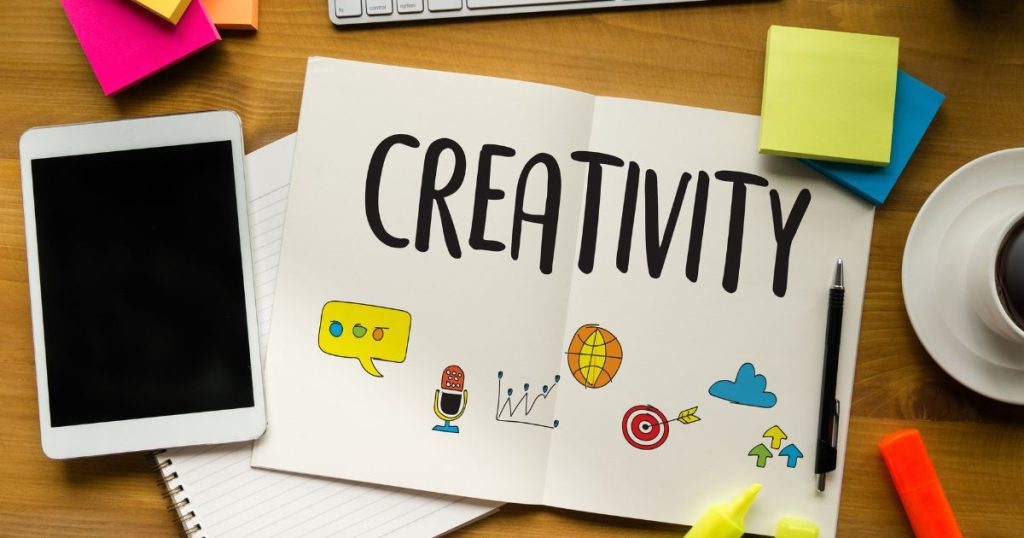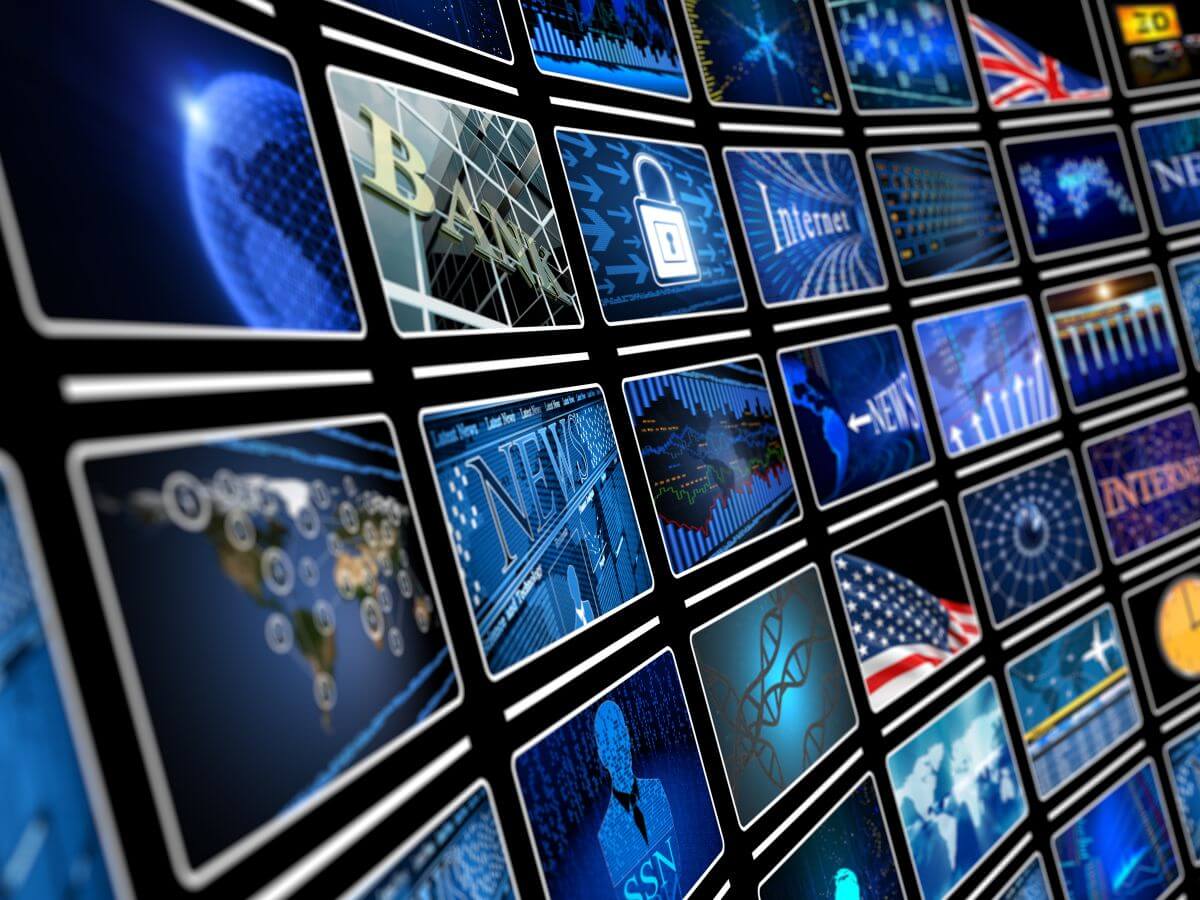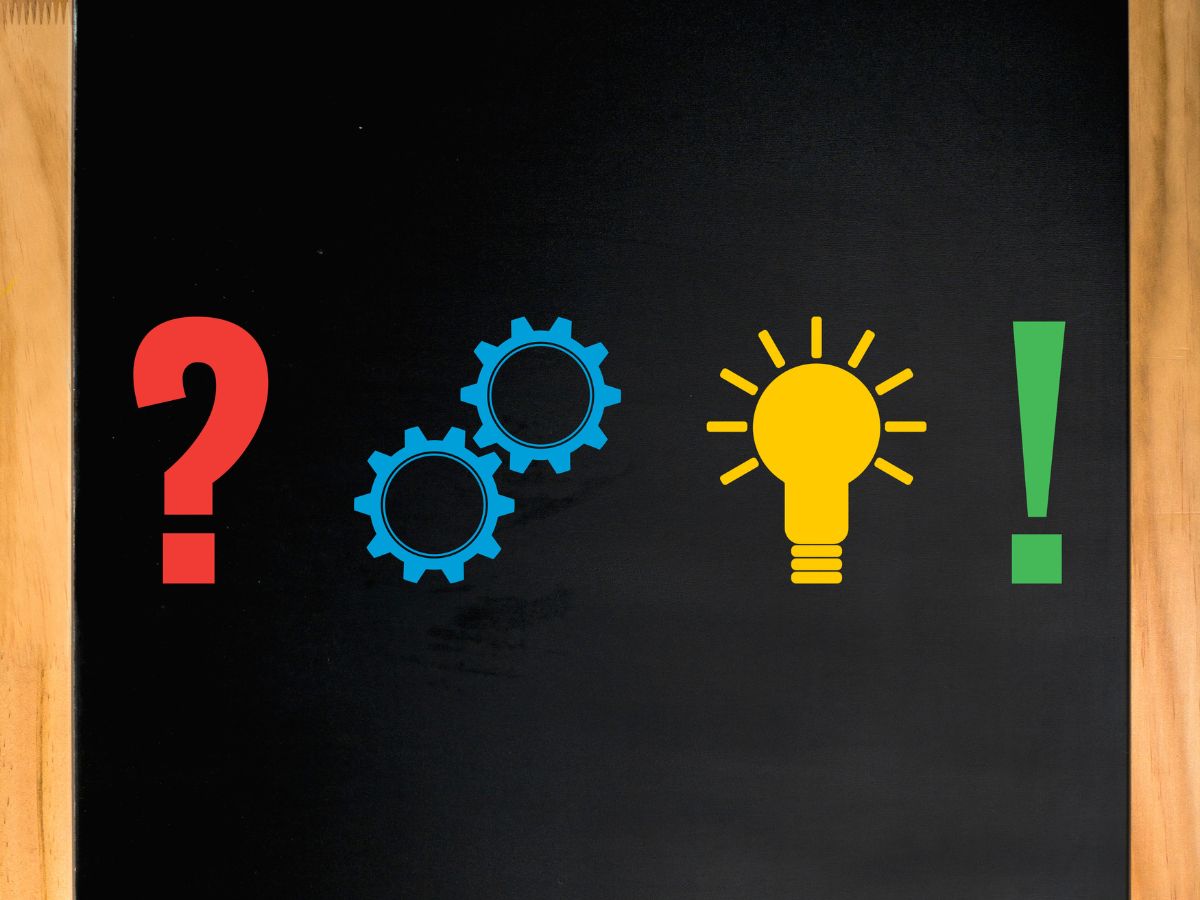Organizing an exhibition is a great method to establish contacts with prospective clients and get practice marketing your goods in a cutthroat setting. It might be challenging at times to compete in our hectic exhibition show age. So how can you draw attention to yourself or your business in a crowded exhibition space and attract potential customers? Exhibitors constantly search for efficient methods to outshine others in the exhibition space. Here are the creative ideas for exhibition show that will assist you in drawing in more visitors and producing a steady stream of high-quality leads:
Top 21 Creative Ideas for Exhibition
Create In-person master courses and workshops:
Organize live instruction or seminars with professionals in the field. These can be interactive workshops where attendees pick up new abilities or get a more profound understanding of your sector. Here are 6 tips for presenting a workshop effectively.
- Give out personalized gifts that guests may modify on-site, including tech accessories, T-shirts with custom printing, or monogrammed goods.
Include Virtual Reality (VR) Activities:
Construct captivating VR shows to highlight your goods and services. Visitors may virtually browse your offerings, test out items, and take a tour of your premises.

Give guests a homey sense:
Making the show a peaceful area where guests want to unwind and take a rest can assist. This may fit particularly well if it aligns with your product theme, such as a posh resort but practically any kind of business can use the idea of leisure time as part of their trade fair display.
Boost interaction with a social media showcase:
Making it enjoyable is the simplest approach to encourage guests to tweet and engage with your brand. Think about including a digital wall that shows brand mentions on social media, or provide users with rewards akin to games for sharing your content. Guests will enjoy attempting to get their name on the board, and you’ll receive complimentary social media promotion.
Go for Interactive Product Demonstrations:
Arrange an exhibition booth where guests may engage with your merchandise. To captivate visitors, make use of LCDs, augmented reality (AR), or live demos. Take a chance and do something different. Using something unexpected to surprise your potential audience can work really well.
Create Art Displays:
Include live performances or art installations that are associated with your business. This may be live music performances, interactive digital art, or a mural being created in real time.

Create Pop-Up Shops or places for meetings around your stand:
Set up a little dialog shop where guests may make in-person purchases. Creating a private meeting area might make it less stressful for guests to feel at ease asking questions while making a purchase. Additionally, it might assist your sales force in maintaining focus long enough to obtain a choice throughout the demonstration. This gives it a retail feel and lets customers carry a little bit of your brand home.
Construct a Visceral encounter:
While your exhibition graphics are crucial, don’t undervalue the influence of the other perception. Discuss with your exhibition booth designer how you may create the ideal mood by utilizing unique lighting, textures, colors, noises, and vibrations.
Do a Tech Show off:
Demonstrate your most recent advancements in technology. Create interactive displays so guests can see, feel, and hear about your state-of-the-art offerings. Consider ideas such as the best video production equipment for events or the recent technologies that can help subscription service businesses.
Use a lively Narrative:
To effectively portray the narrative of your brand, use VR or interactive displays. Incorporate client endorsements, in-depth videos, and significant historical events.
Provide a Photo Studios with a Flex:
Assemble brand-related backdrops and entertaining items for customized photo booths. Provide printed images as mementos and allow rapid social media sharing.
Utilizing gamification Add tasks and games to your exhibition:
Provide rewards or inducements to participate, such as live quizzes, debate competitions, or scavenger runs.

Create food and beverage Tastings:
Provide samples of the food and drink items that sell. Collaborate with regional mixologists or chefs to craft distinctive tasting experiences. Since no one fights with food, as an event planner, you may consider having a side food and drink taste stand at your business exhibition.
Live Streaming Option:
Provide social media platforms with live events from your stand. This might be product demonstrations, industry leader interviews, or private tours of the show. Create reels or videos you may share as stories on your social media after the exhibition.
Create Networking Lounges:
Create your exhibition with cozy areas for networking. Provide chairs, charging stations, and refreshments to entice guests to remain and converse.
Utilize Augmented Reality (AR) Displays:
Excite static displays with augmented reality (AR). Visitors can access improved material, such as product details or animated product videos, using their cellphones or the tablets that you provide.
Install an interactive Digital Wall:
Install sizable digital walls that allow guests to engage with your company via motion or touch sensors. Show off corporate films, social media feeds, or product details.

Charity Partnerships:
Join forces with a nonprofit organization and include a giving-back component in your booth. Donate a specific amount, for instance, for each visitor or transaction.
Arrange for VIP Previews:
Give customers advance access to new goods and services. Use VIP spaces or invite-only activities to give your exhibition an air of exclusivity.
Collaboration Space:
Create a collaborative space in your booth where guests may participate in interactive conversations, partnership activities, or discussions regarding ideas with your staff.
Ways to Manage the Unexpected at Your Exhibition
Exhibitions are high-stakes events that need meticulous planning and coordination. However, despite your best efforts, unanticipated issues can sometimes arise and put even the most carefully thought-out exhibition in danger. While unforeseen challenges during an exhibition might be terrifying, they also present opportunities for growth and innovation. Being calm, prepared, and pragmatic can help you get through challenges and ensure a great display outcome.
Keep in mind that managing difficulties is what will determine your achievement in the end, not avoiding them altogether. These challenges, which could include unforeseen technological issues or logistical hiccups, can put exhibitors and event organizers to the test. At an exposition, managing unforeseen circumstances calls for readiness, flexibility, and composure.
Anticipating possible issues and making the necessary preparations can help you deal with unforeseen circumstances effectively and keep your exhibition event going strong. To successfully handle such problems, follow these steps:
Before the Event:
The evaluation of risks: Determine possible difficulties (such as shortage of workers, weather-related concerns, or technology malfunctions) and create backup strategies for each eventuality. Make a list of all the people you need to get in touch with, such as technical assistance, venue management, and emergency services.
In the course of the Event:
Remain composed:
To keep things courteous as an event planner, keep yourself composed and secure. Being calm is crucial when faced with unanticipated challenges. Anxiety simply exacerbates the situation and may cloud reasoning. Alternatively, establish clear channels of communication through your employees and exhibitors. Let them know what’s going on and work together to develop solutions.
Ensure That you Have Alternative Schedules:
Being ready for potential setbacks and getting contingency plans on board helps you avoid a lot of effort and anxiety when anything unusual arises. Team members should be aware of their responsibilities, emergency protocols, and problem-solving techniques. Keep additional supplies, instruments, and machinery on hand.
Keep a Positive Attitude:
Having a positive attitude might help you get through difficult times. Consider unanticipated obstacles as opportunities for discovery and development rather than as futile obstacles. Recognize setbacks as valuable learning experiences that can strengthen your resilience and improve your future event planning.
Make Sure There’s Clear Communication with Participants:
Being upfront and honest is crucial when talking about unanticipated issues with exhibitors. Inform them that measures have been initiated to resolve the issue and inform them of any changes or interruptions to the timetable. Ensure you and your team communicate effectively at all times. Use texting applications or radios for immediate communication. Taking care of problems as soon as they come up. If a device fails, a professional should restore it or simply utilize spares. Assign responsibilities and give teammates areas of specialization to balance productivity. This will help get all emergencies taken care of, in a timely fashion.
Having Post-Event Overviews:
After the exhibition, conduct thorough feedback sessions to assess the event’s success and identify areas that need improvement. Analyzing how unexpected challenges were handled can provide valuable insights that support future preparation projects and boost the sustainability of your organization.






